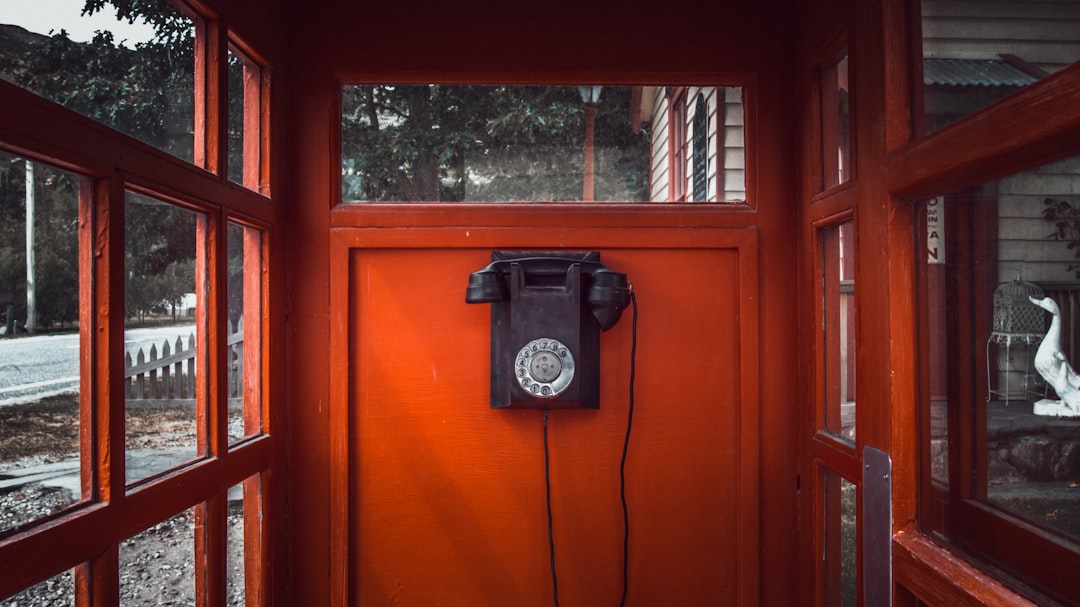Spam calls are a common nuisance in Nebraska, regulated by state laws and the federal Telephone Consumer Protection Act (TCPA). Residents can combat spam by registering on the National Do Not Call Registry, using call-blocking features, employing tech to identify patterns, and consulting a spam call law firm or TCPA lawyer for legal advice. Taking proactive measures and staying informed about rights is crucial. If victimized, document interactions and contact a qualified expert to explore options like cease-and-desist letters, complaints, or legal action under TCPA laws to stop spam calls and protect privacy in Nebraska.
In today’s digital era, no one is immune to the persistent and often annoying onslaught of spam calls. Nebraska residents face the same challenges, with scammers employing various tactics to gain access to personal information or extort money. Understanding how to identify these calls is crucial. This article equips Nebraskans with knowledge on spotting spam, safeguarding their privacy, and outlining legal rights against violators through a detailed look at Spam Call laws in Nebraska, including the role of TCPA (Telephone Consumer Protection Act) and the services offered by dedicated spam call law firms across the state.
Understanding Spam Calls and Their Legal Framework in Nebraska

Spam calls, also known as unsolicited or unwanted telephone marketing calls, are a common nuisance in today’s digital era. In Nebraska, these calls are regulated by state laws and federal regulations, particularly the Telephone Consumer Protection Act (TCPA). The TCPA is a comprehensive law designed to protect consumers from excessive or invasive telemarketing practices. It imposes strict rules on call centers and marketing firms, ensuring that businesses obtain explicit consent before making automated or prerecorded calls to consumers.
Understanding the legal framework surrounding spam calls in Nebraska is crucial for residents looking to protect themselves. The state’s Attorney General’s Office plays a vital role in enforcing TCPA regulations, investigating complaints, and taking legal action against violators. Consumers who believe they have received unauthorized or harassing phone calls can file a complaint with the Nebraska Attorney General’s office, which may lead to penalties for the offending companies. Engaging a reputable spam call law firm or lawyer for TCPA Nebraska can provide guidance and help individuals assert their rights against these unwanted intrusions.
Identifying Common Spam Call Patterns and Tactic

Spam calls can be a persistent and annoying problem, but recognizing common patterns can help Nebraskans protect themselves. These calls often follow specific tactics to try and trick recipients into engaging or providing personal information. One typical pattern involves automated or pre-recorded messages that deliver unsolicited marketing messages, claiming to offer exclusive deals or prizes. Scammers use these calls as a way to generate leads for their businesses. Another common tactic is the use of spoofed numbers, where callers alter their display names to appear local, making it seem like the call is coming from a trusted source within your community.
To stop spam calls in Nebraska, consider implementing several strategies. Registering your number on the National Do Not Call Registry is a good first step. Additionally, many phone service providers offer call-blocking features tailored to identify and block spam calls. Utilizing advanced technologies like machine learning algorithms that can recognize patterns specific to spam calls can also be effective. Consulting with a reputable law firm specializing in TCPA (Telephonic Consumer Protection Act) cases can provide legal guidance and ensure you know your rights when dealing with persistent spam call issues.
Protecting Yourself: Tools, Apps, and Legal Action in Nebraska

In Nebraska, protecting yourself from spam calls involves a combination of proactive measures and legal recourse. Start by arming yourself with the right tools and apps designed to identify and block spammers. Many modern smartphones come equipped with call-blocking features that can be customized to filter out unwanted numbers. Additionally, there are dedicated apps available that use community-sourced data to recognize and block spam calls. These apps often offer real-time alerts and automated blocking options, enhancing your first line of defense.
For more robust protection, consider consulting a spam call law firm or lawyers specializing in TCPA (Telephonic Consumer Protection Act) cases in Nebraska. They can guide you on legal actions available under state and federal laws to stop spam calls effectively. This may include filing complaints with regulatory bodies, seeking damages for violation of your rights, or taking other legal measures to deter spammers. Remember, staying informed about your rights and taking proactive steps is key to shielding yourself from unwanted phone spam in Nebraska.
Engaging a Lawyer for TCPA Violations in Nebraska: Your Rights and Steps

If you’ve been a victim of spam calls in Nebraska, knowing your rights and taking action is crucial. Engaging a qualified lawyer specializing in TCPA (Telephone Consumer Protection Act) violations can be a pivotal step in protecting yourself and putting an end to unwanted phone marketing. These legal experts are well-versed in navigating the complexities of federal and state laws designed to curb spam calls, ensuring you receive fair treatment and compensation if applicable.
The first step is to document your interactions with these spam callers—note down call times, numbers, and any details about the messages received. This evidence can be invaluable when presenting a case. Contacting a law firm specializing in spam call cases allows you to discuss your options confidentially. They will guide you through the process, which may include sending cease-and-desist letters, filing official complaints with regulatory bodies, or even pursuing legal action against the offenders. Remember, staying proactive is key to stopping spam calls and ensuring your privacy rights are upheld in Nebraska.






